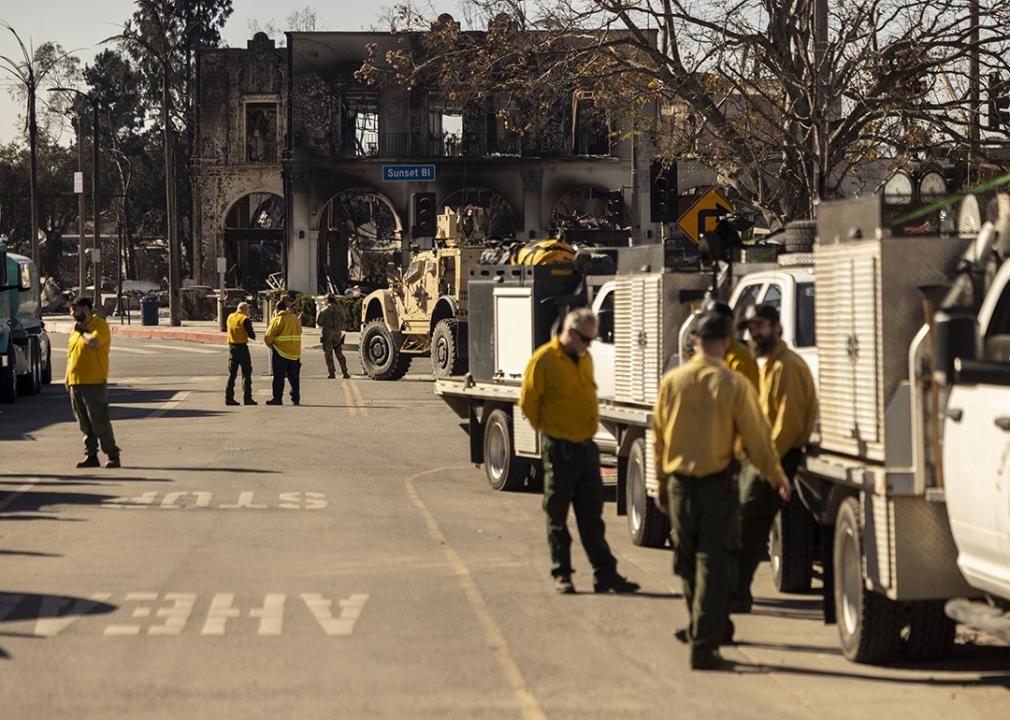PUBLIC OPINION
The government survey also found that close to half of Taiwanese believed there would be no change to Taiwan-US relations under president-elect Trump
Nearly half of the respondents in a recent survey supported increasing the nation’s defense budget, a Taiwanese government think tank reported yesterday.
The survey released by the Institute for National Defense and Security Research (INDSR) showed that when asked for their view on Taiwan’s defense budget, 47 percent of the respondents supported increasing them, while 37 percent said they should remain unchanged and only 10 percent favored a budget cut.
The survey, conducted earlier this month, also found that among ruling Democratic Progressive Party supporters, 69 percent supported increasing the defense budget, while 27 percent believed they should remain unchanged and only 1 percent thought they should be reduced.

Photo: CNA
Among supporters of the main opposition Chinese Nationalist Party (KMT), 29 percent supported an increase, 49 percent believed they should remain the same and 19 percent thought they should be reduced, the survey showed.
Regarding the outlook for Taiwan-US relations under US president-elect Donald Trump, who is slated to take office on Monday, 47 percent of respondents believed there would be no change, 24 percent anticipated a deterioration in ties and 12 percent expected an improvement, the survey showed, with the remainder expressing no opinion.
The results indicate that Taiwanese are generally cautious about the Taiwan-US ties, with some still harboring reservations about the uncertainties surrounding Trump’s leadership style, Wu Wen-chin (吳文欽), a research fellow at the Academia Sinica’s Institute of Political Science, told a news conference held to publicize the survey.
Trump’s return would bring significant changes to the global political, economic and security landscape, which would have a profound impact on Taiwan-US relations, INDSR chief executive officer Lee Wen-chung (李文忠) said.
The survey sought to explore public opinion on defense and foreign policies and provide policymakers with a reference point to ensure that policies better align with the public’s needs, Lee said.
When asked whether the US would send troops to assist Taiwan in the event of a cross-strait conflict, 49 percent of respondents said they believed it would, according to the survey.
The result was similar to past surveys, indicating that public confidence in the US’ security commitment has not changed, said Fang Tsung-yen (方琮嬿), an assistant research fellow at the institute.
Thirty-eight percent of those polled said that they supported Taiwan Semiconductor Manufacturing Co setting up fabs in the US, while 49 percent opposed the move.
The result indicated a divergence in public perceptions and expectations regarding the Taiwan-US cooperation in high-tech industries, the institute said.
When asked about Trump’s remarks suggesting that Taiwan should significantly increase its defense budget, Lee said that it is important for Taiwan to focus on the broader implications of the US president-elect’s comments rather than getting caught up in the details.
Citing Trump’s claim that he could end the Russia- Ukraine war within “24 hours” after taking office as an example, Lee said the focus should not be on 24 hours, 24 days or any other timeframe, but rather his overarching goal to end the war and the fact that he has already been in contact with Russian President Vladimir Putin and Ukrainian President Volodymyr Zelenskyy.
When Trump said during his election campaign that Taiwan should devote 10 percent of its GDP to defense, the take-away should be that Taiwan needs to take the matter seriously rather than fixating on the specific number, Lee said, adding that he found Trump’s statements to often be exaggerated.
The survey was conducted by the National Chengchi University Election Study Center between Jan. 1 and Jan. 3 through landline and mobile phone interviews.
It gathered 1,138 valid responses from people aged 18 or older and had a margin of error of plus or minus 2.91 percent.
#larger #military #budget









Leave a Reply